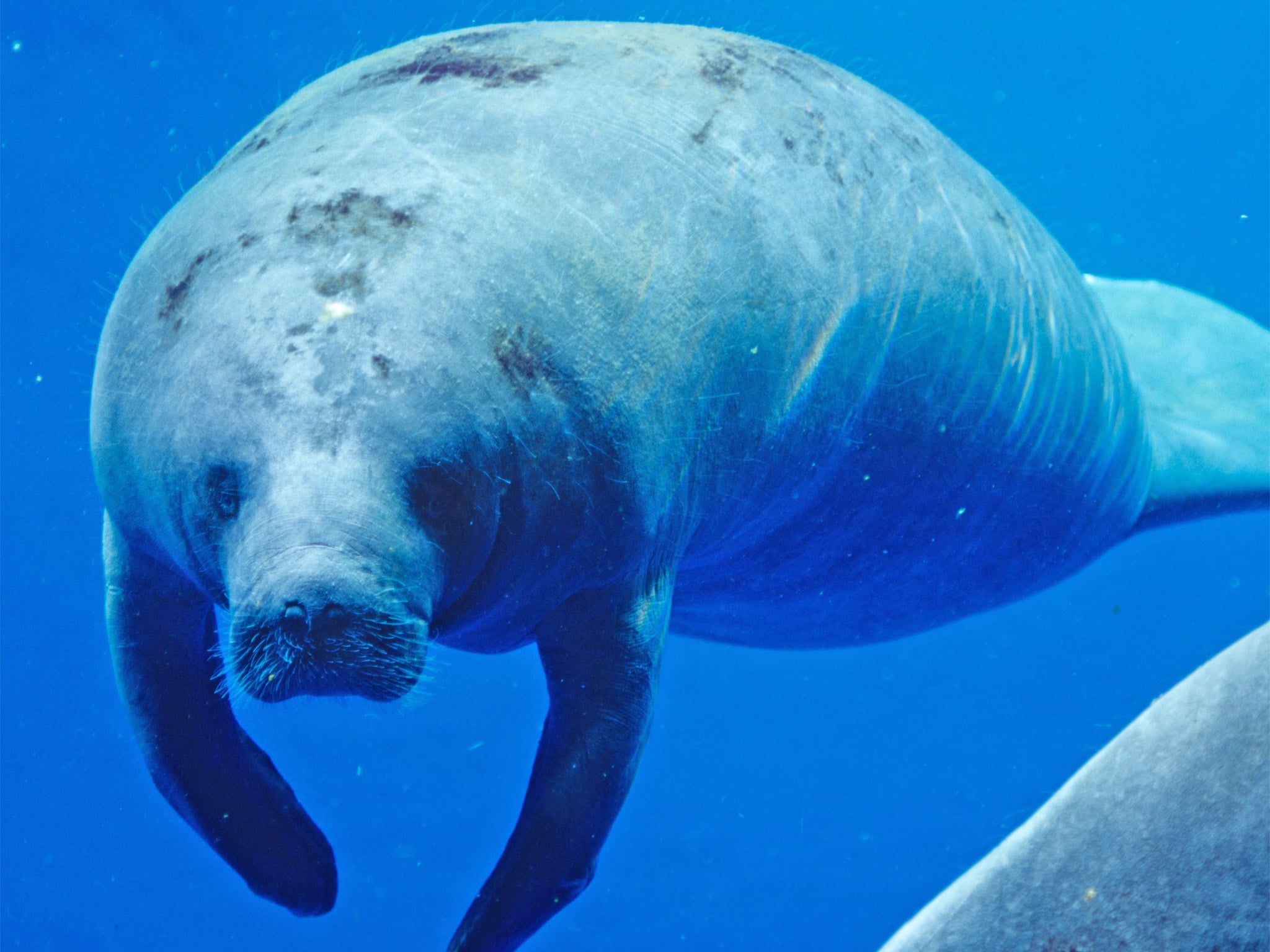Cites conference: Little-known manatee breed in spotlight

Your support helps us to tell the story
From reproductive rights to climate change to Big Tech, The Independent is on the ground when the story is developing. Whether it's investigating the financials of Elon Musk's pro-Trump PAC or producing our latest documentary, 'The A Word', which shines a light on the American women fighting for reproductive rights, we know how important it is to parse out the facts from the messaging.
At such a critical moment in US history, we need reporters on the ground. Your donation allows us to keep sending journalists to speak to both sides of the story.
The Independent is trusted by Americans across the entire political spectrum. And unlike many other quality news outlets, we choose not to lock Americans out of our reporting and analysis with paywalls. We believe quality journalism should be available to everyone, paid for by those who can afford it.
Your support makes all the difference.Alongside the familiar rhinos and elephants, the future of another of Africa’s threatened big mammals will be tackled at the Cites conference – but this creature is far from familiar.
Indeed, the West African manatee is one of the most curious and least known animals on earth. A sirenian, which means it belongs to the family of manatees and dugongs – supposedly the origins of the mermaid legend – it resembles the West Indian manatee sometimes seen by tourists in Florida, is 13ft long, weighs half a tonne, and occurs in the mangrove swamps and coastal lagoons of 21 West African states.
But pressures from coastal development mean it is shrinking in numbers – the estimate is by ten per cent a year – and over its huge range may now number no more than 10,000. A proposal from Senegal, Benin and Sierra Leone would stop all trade in its meat and its oil, for which it is being hunted.
“Unless we act, this is a species that will struggle to survive,” said Mark Simmonds, marine mammal specialist with Humane Society International.
“Too many things going on around it and too little attention is being paid to it at this point.”
Join our commenting forum
Join thought-provoking conversations, follow other Independent readers and see their replies
Comments